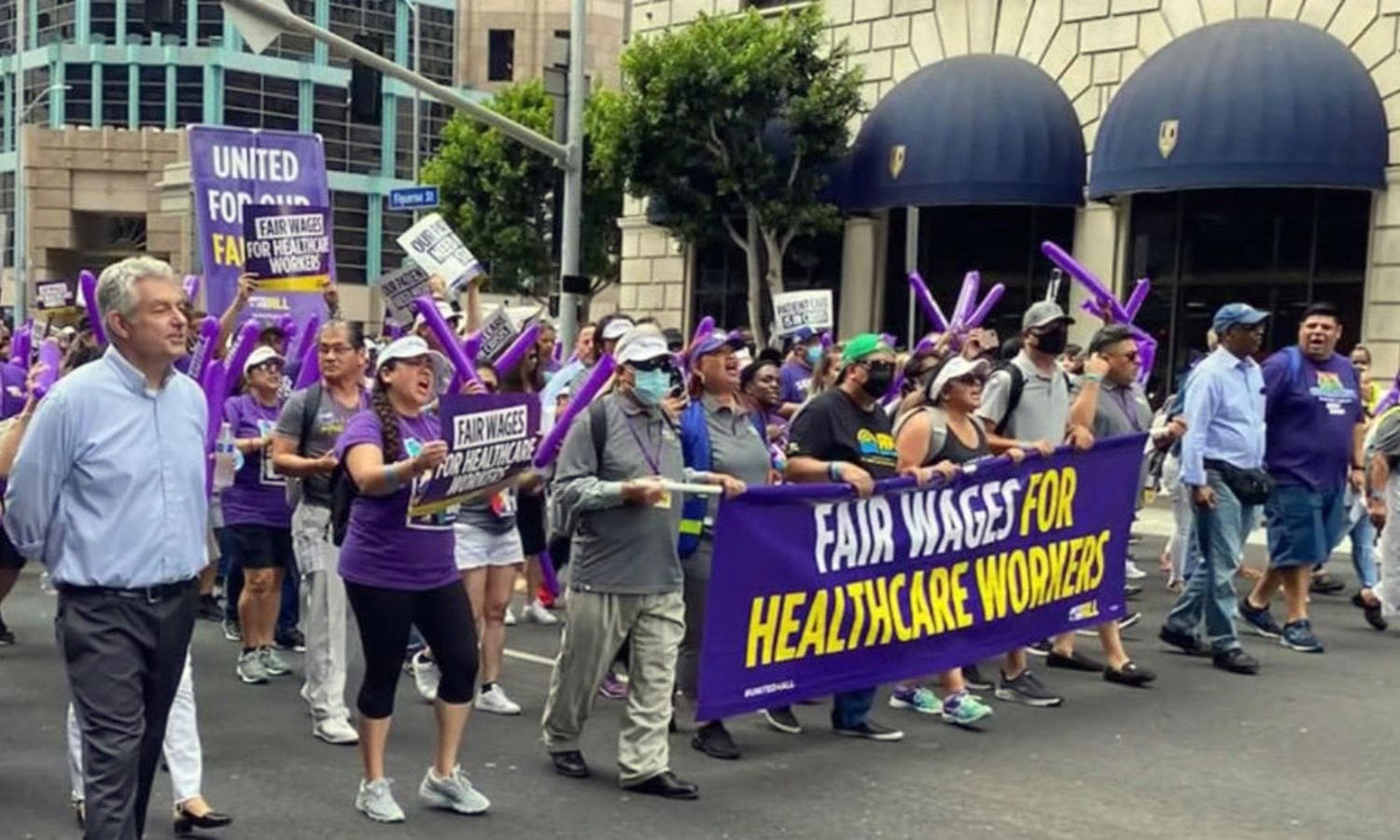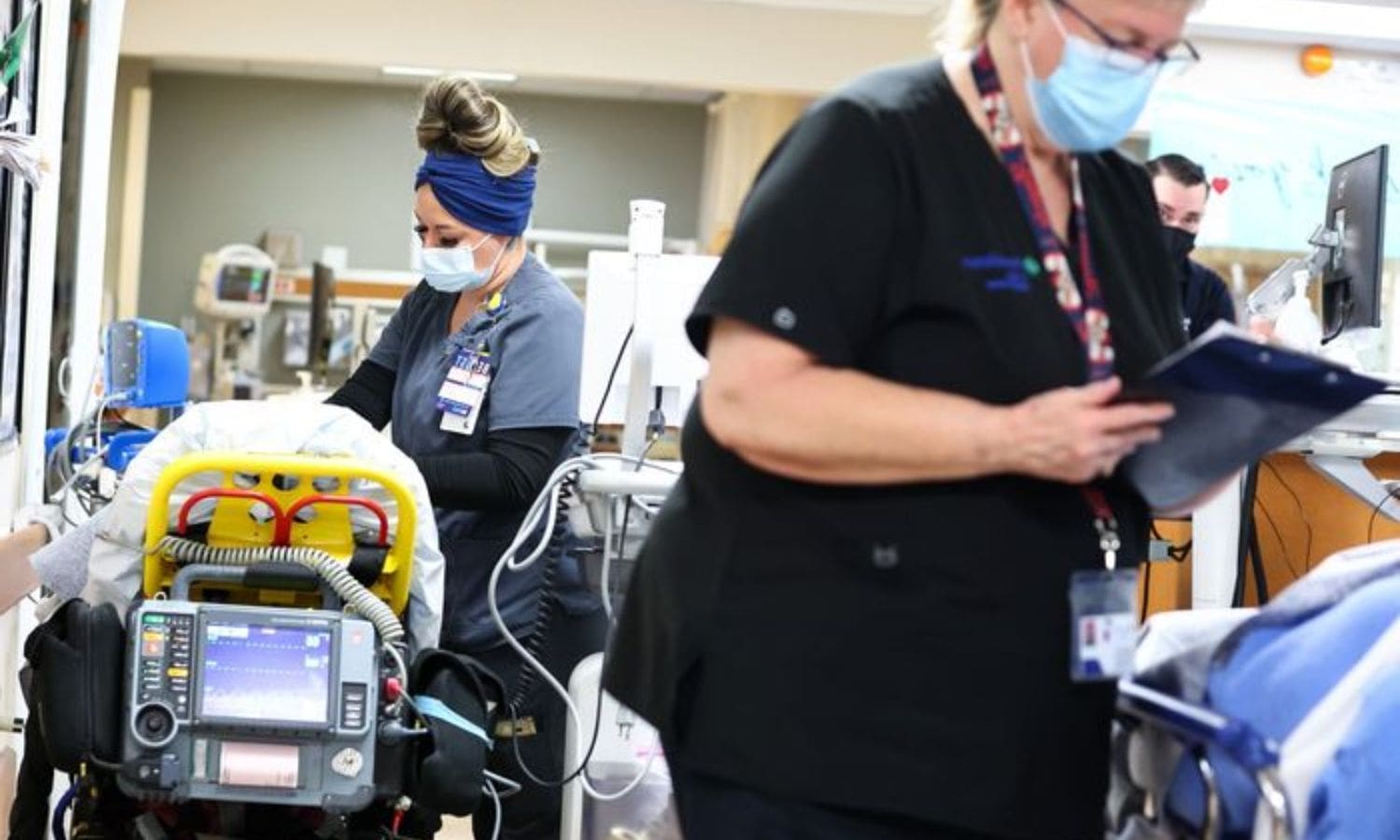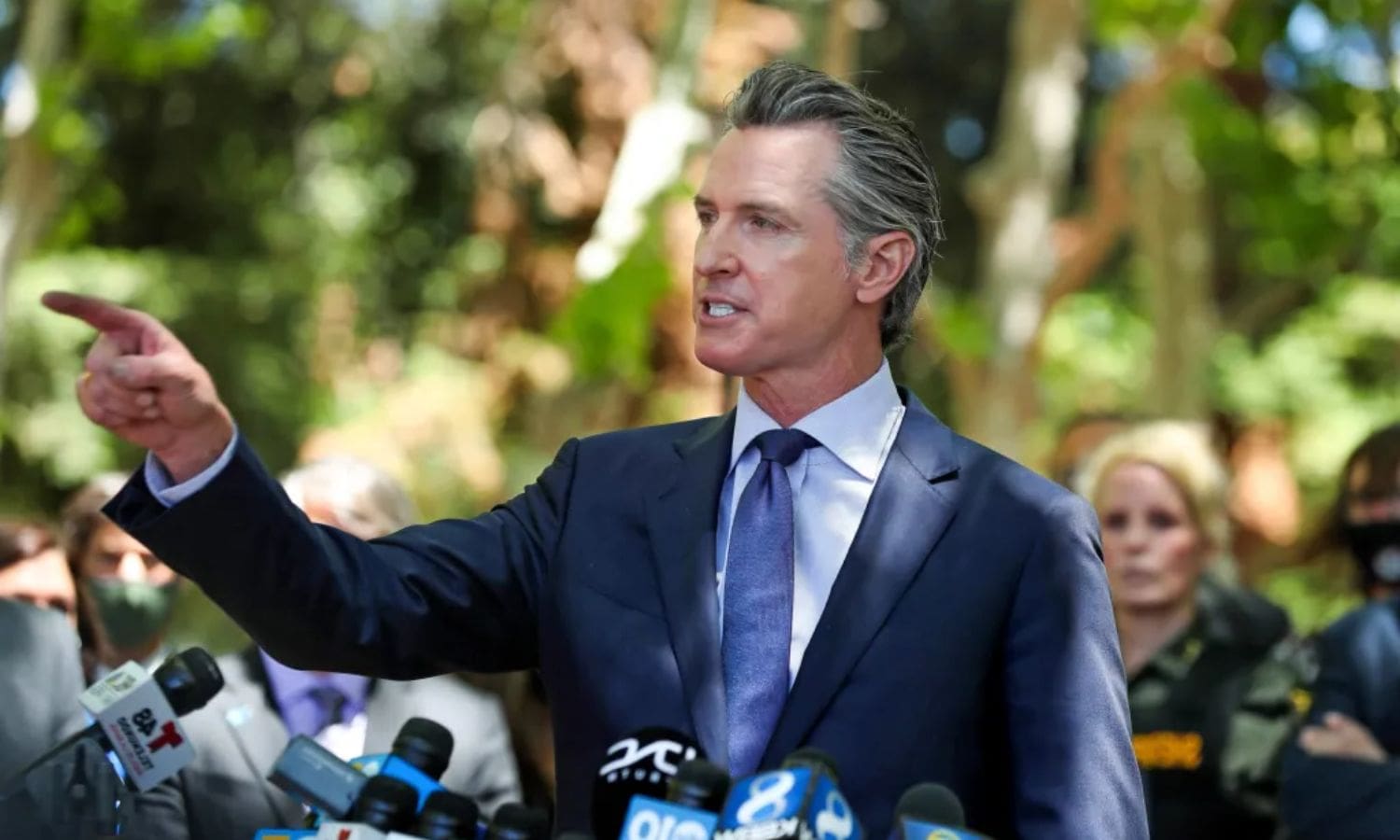California Governor Delays Minimum Wage Boost: California Governor Gavin Newsom has announced the postponement of the implementation of SB 525, which aimed to raise the minimum wage for healthcare workers. This move has raised concerns within the healthcare industry and social programs as it challenges the financial stability of these organizations.
The details of SB 525, Governor Newsom’s decision, and the potential impact on healthcare workers and broader worker organization efforts.
Key Takeaways Of California Governor Delays Minimum Wage Boost
- California Governor Gavin Newsom has postponed the implementation of SB 525, which aimed to raise the minimum wage for healthcare workers.
- The delay is due to fiscal concerns surrounding the bill, including budget constraints and the potential cost implications for healthcare providers.
- The postponement has raised concerns among healthcare workers and advocates, as it could affect their access to social programs and push some into a lower income bracket.
- The delay highlights the need for independent worker organization, providing a collective voice and representation for workers to advocate for their rights and share resources and support.
Also Read: Cyclist in North Bay Fatally Struck by Fallen Tree
Postponement of SB 525 Implementation:
The implementation of SB 525, which aimed to raise the minimum wage for healthcare workers, has been postponed by California Governor Gavin Newsom. This delay comes as a result of fiscal concerns surrounding the bill.
SB 525 was intended to ensure that healthcare workers in California receive fair compensation for their valuable services. However, Governor Newsom has decided to put the implementation on hold due to the financial implications it may have on the state’s budget.
This postponement has raised concerns among healthcare workers who were eagerly anticipating the wage increase, as well as advocates who argue that higher wages are necessary to attract and retain skilled professionals in the healthcare industry.
The decision to delay the implementation of SB 525 reflects the complex considerations involved in balancing the needs of healthcare workers with the state’s financial stability.
Details of SB 525 and Its Goals:
SB 525 is a bill aimed at increasing the minimum wage for healthcare workers in California. Endorsed by the Democratic Party and healthcare unions, its goal is to address the low wages faced by healthcare workers, who provide vital services to the community.
The proposed wage increase would have been implemented gradually, starting from $18-$23 per hour in 2024 and reaching $25 per hour by 2026 to 2033. The bill aims to provide fair compensation to healthcare workers for their dedicated service and ensure that they can meet their financial needs.
Governor Newsom’s Decision and Fiscal Apprehensions:
Governor Newsom’s decision to delay the implementation of the minimum wage boost for healthcare workers in California stems from fiscal apprehensions regarding the state budget. The financial impact of the proposed wage increases, potentially affecting over 500,000 healthcare workers, has prompted a reevaluation and renegotiation of the legislation.
Some of the key fiscal concerns driving Governor Newsom’s decision include:
- Budget constraints: The state budget is already under pressure due to various factors, such as increased spending on healthcare and education. Implementing the minimum wage boost may further strain the budget and lead to potential deficits.
- Cost implications for healthcare providers: The wage increase could significantly raise labor costs for healthcare providers, including hospitals and clinics, potentially resulting in reduced services or even closures.
- Economic uncertainty: Given the current economic climate and the unpredictability of future revenue streams, Governor Newsom is cautious about committing to long-term financial obligations that could exacerbate the state’s fiscal challenges.
Impact on Healthcare Workers and Social Programs:
The delay in implementing the minimum wage boost for healthcare workers in California has potential implications for their access to social programs and services. Healthcare workers, who often earn lower wages, rely on these programs to meet their basic needs and support their families. The delay in wage increases could push some workers into a lower income bracket, potentially affecting their eligibility for state social services such as Medi-Cal and CalFresh. This could result in a decreased ability to afford healthcare, food, and other essential items. To further illustrate the potential impact, below is a table highlighting the income thresholds for eligibility in California’s social programs:
| Social Program | Income Threshold |
|---|---|
| Medi-Cal | $17,609 |
| CalFresh | $16,744 |
| Housing Assistance | Varies based on household size and composition |
These income thresholds are subject to change and may vary based on factors such as household size and composition. The delay in the minimum wage boost could exacerbate the financial challenges faced by healthcare workers, further limiting their access to essential social programs and services.
Broader Struggles and Call for Independent Worker Organization:
Amidst the delay in implementing the minimum wage boost for healthcare workers in California, there is a growing call for independent worker organization to address the broader struggles faced by the working class. This delay highlights the need for workers to have a collective voice and representation to advocate for their rights and interests.
Independent worker organizations can provide a platform for workers to come together, share their grievances, and collectively negotiate for better wages, working conditions, and benefits. By organizing themselves, workers can exert more influence and pressure on policymakers and employers, ensuring that their concerns are heard and their rights are protected.
Moreover, independent worker organizations can also facilitate the sharing of resources, knowledge, and support among workers, strengthening their position and enabling them to navigate the challenges they face more effectively.
- Collective bargaining power
- Protection of worker rights
- Support and solidarity among workers.
Conclusion Of California Governor Delays Minimum Wage Boost
The postponement of SB 525 implementation by California Governor Newsom has raised concerns regarding the impact on healthcare workers and social programs.
The decision was made due to fiscal apprehensions, but it has sparked broader discussions about the need for independent worker organization.
As healthcare workers continue to face challenges, it is important to consider the implications of delaying minimum wage boosts and how it may affect the overall well-being of these workers and the communities they serve.
Our Reader’s Queries
Q1. What are the exceptions to the minimum wage in California?
Ans. Certain exemptions exist within the minimum wage law, excluding specific categories of employees. Individuals falling under these exemptions include outside salespersons, those who are the parent, spouse, or child of the employer, and apprentices regularly indentured under the State Division of Apprenticeship Standards.
Q2. What is the minimum wage exempt salary in California 2023?
Ans. In California, the salary threshold is calculated at two times the state minimum wage. For the year 2023, this amounts to $15.50 per hour multiplied by 2,080 hours per year, and then further multiplied by 2, resulting in $64,480. In practical terms, any employee in California earning below $64,480 annually is ineligible to be classified as an exempt employee.




